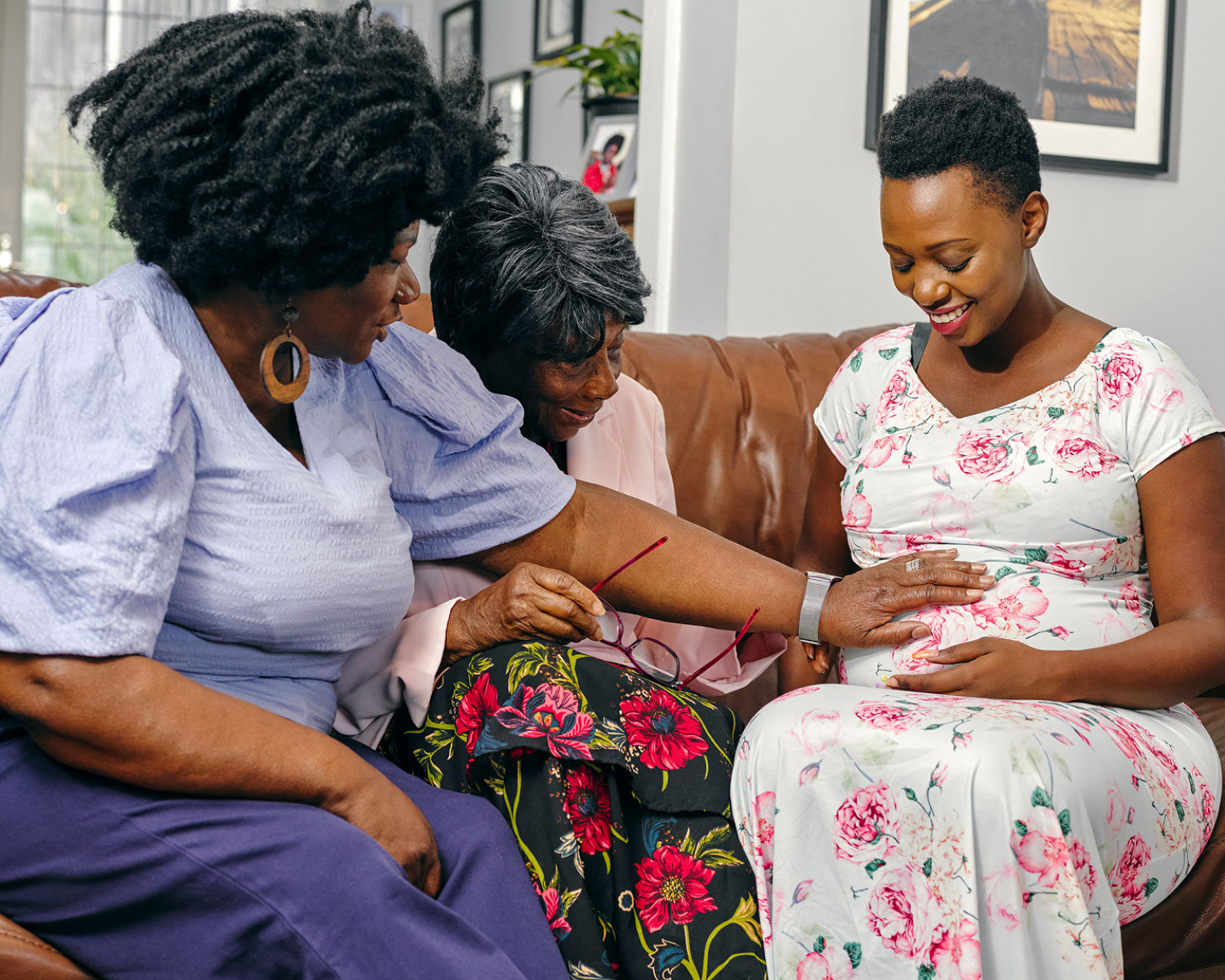What does it mean to have a home birth?
A home birth is one that occurs outside of a traditional hospital or birthing center. Usually, these births take place in the home of the pregnant woman, but they can happen anywhere that is safe and comfortable for the individual and family.
Why do some people choose home birth?
Home birth is a safe, comfortable option for low-risk deliveries. It allows the pregnant woman to cultivate the exact environment they want, such as what clothes they wear, what sounds and smells are in the room and who is present for the birth.
Who can have a home birth?
Home births are a safe option for low-risk pregnancies. Anyone can meet with a home birth midwife, who will be able to conduct a risk assessment and determine if they are a good fit for home birth. Exclusion factors can be found listed in the Indiana Administrative Code Title 844 Article 17-1-9.
http://iac.iga.in.gov/iac//iac_title?iact=844
What is a Midwife?
Midwives are medical professionals who are experts in normal gynecologic and obstetric care. There are several types of midwives practicing today:
| Licensed Midwives in Indiana | |
|---|---|
| Certified Nurse Midwives (CNMs) | These individuals receive complete nursing and midwifery education and are required to hold both bachelor’s and graduate degrees. Along with providing care to pregnant people, they also provide primary reproductive care to individuals across the lifespan. They are licensed in the state of Indiana. |
| Certified Professional or Direct Entry Midwives (CPMs) | These individuals receive complete midwifery education and are specifically trained to work in out-of-hospital birth settings. CPMs must obtain an associate’s degree and partake in a formal apprenticeship. They are licensed in the state of Indiana. |
| Other Types of Midwives in Indiana | |
|---|---|
| Lay or traditional midwives | These individuals do not undergo any formal educational training but are experienced in birth settings. They are not licensed in the state of Indiana. |
| Certified Midwives (CM) | These individuals receive complete midwifery education and are required to hold both bachelor’s and graduate degrees. Along with providing care to pregnant people, they also provide primary reproductive care to individuals across the lifespan. They are not licensed in the state of Indiana. |
Source: American College of Nurse Midwives
What does licensure look like for midwives in Indiana?
Currently, only CNMs and CPMs are licensed to practice as midwives in the state of Indiana. Visit the Indiana Professional Licensing Agency Midwifery Homepage for more information.
If I don’t want a home birth but do want to work with a midwife, is that possible?
Yes! CPMs and CNMs can work in birth centers, and CNMs can also work in hospitals. Use the resources below to locate a midwife near you:
American College of Nurse-Midwives Indiana Midwife Directory: http://indianamidwife.com/hoosier-midwives/ |
Indiana Midwives Association's List of Home Birth Practices: https://www.indianamidwives.org/find-a-midwife.html |
National Certified Nurse Midwife & Certified Midwife Database: https://www.midwife.org/find-a-midwife |
Home birth and newborn screening
Do babies born at home need to be screened?
Yes! Newborn screening is for all babies born in the state of Indiana. These important screens check for health conditions that can threaten the life and wellbeing of any baby, so it is important to make sure that all newborns, including those born at home, complete the screening. Click here to learn more about the importance of newborn screening for your baby's health.
How do I complete newborn screening at a home birth?
Midwives can complete newborn screening in the home, or they can refer new parents to local hospitals or clinics where the screening will be completed.
What if I do not want my baby to be screened?
The only exemption from newborn screening is based on religious values. Have your midwife help you fill out the required Religious Waiver Form form after the birth of your baby.
